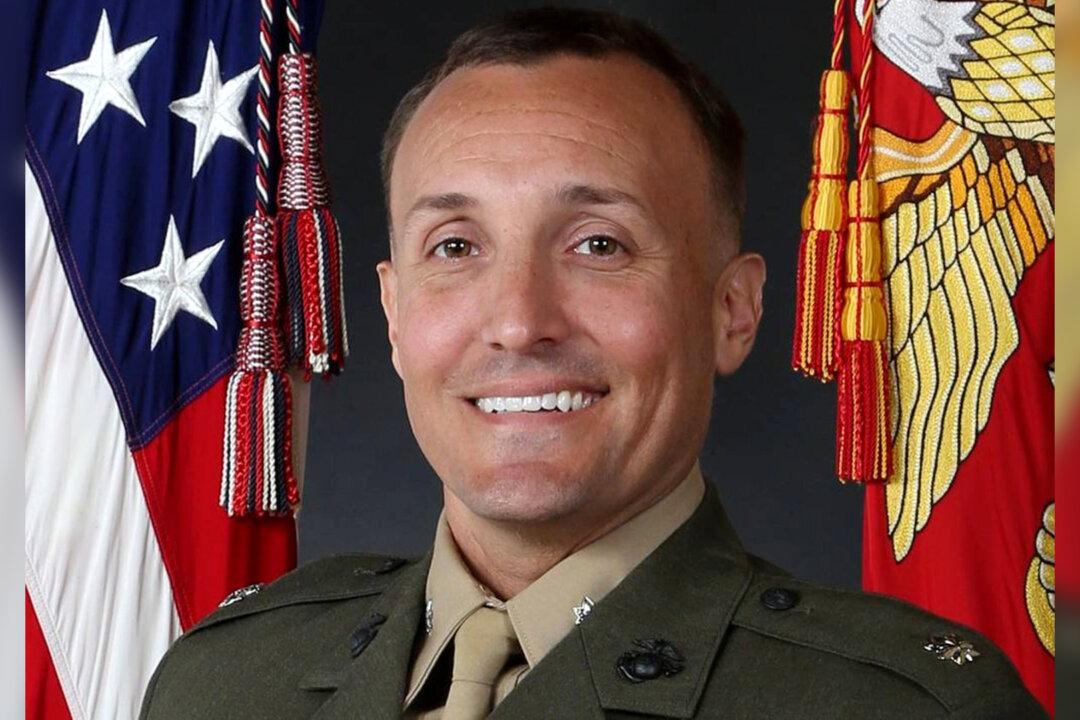Lt. Col. Stuart Scheller faces trial by court-martial on Oct. 14 for criticizing senior military officials over the U.S. withdrawal from Afghanistan. A former military judge with 30 years of experience spoke with The Epoch Times about what Scheller and the public should expect.
Scheller has been charged with contempt toward officials, disrespect toward superior commissioned officers, willfully disobeying a superior commissioned officer, dereliction in the performance of duties, failure to obey an order or regulation, and conduct unbecoming an officer and a gentleman. His hearing will take place at the Marine Corps Base Camp Lejeune in North Carolina.




